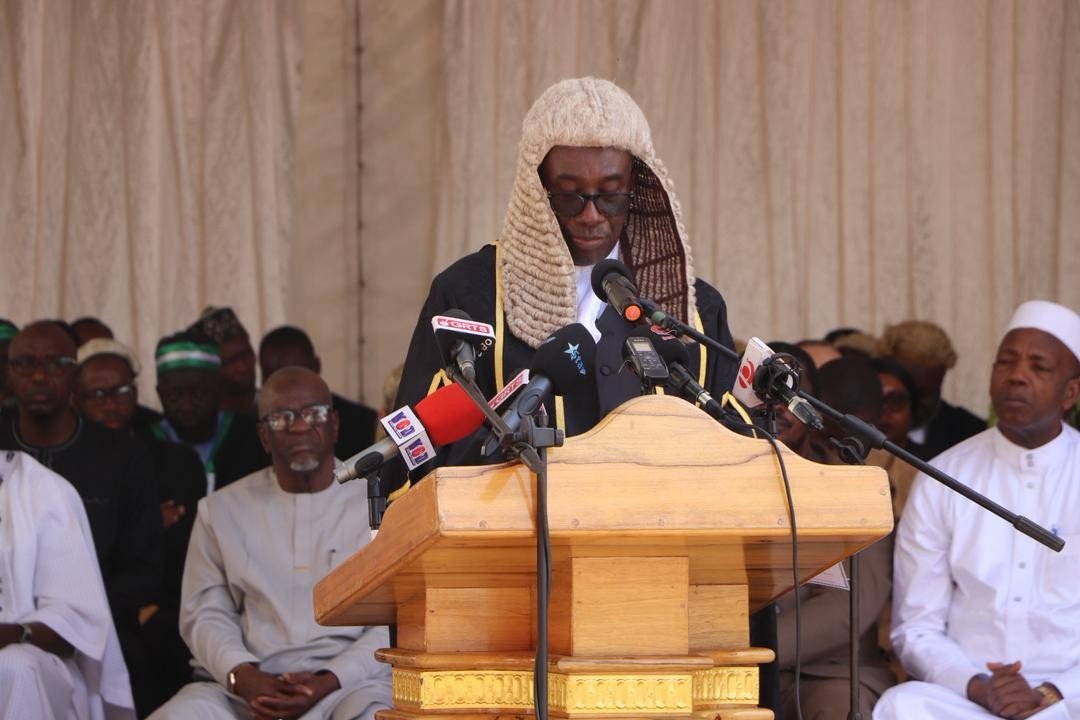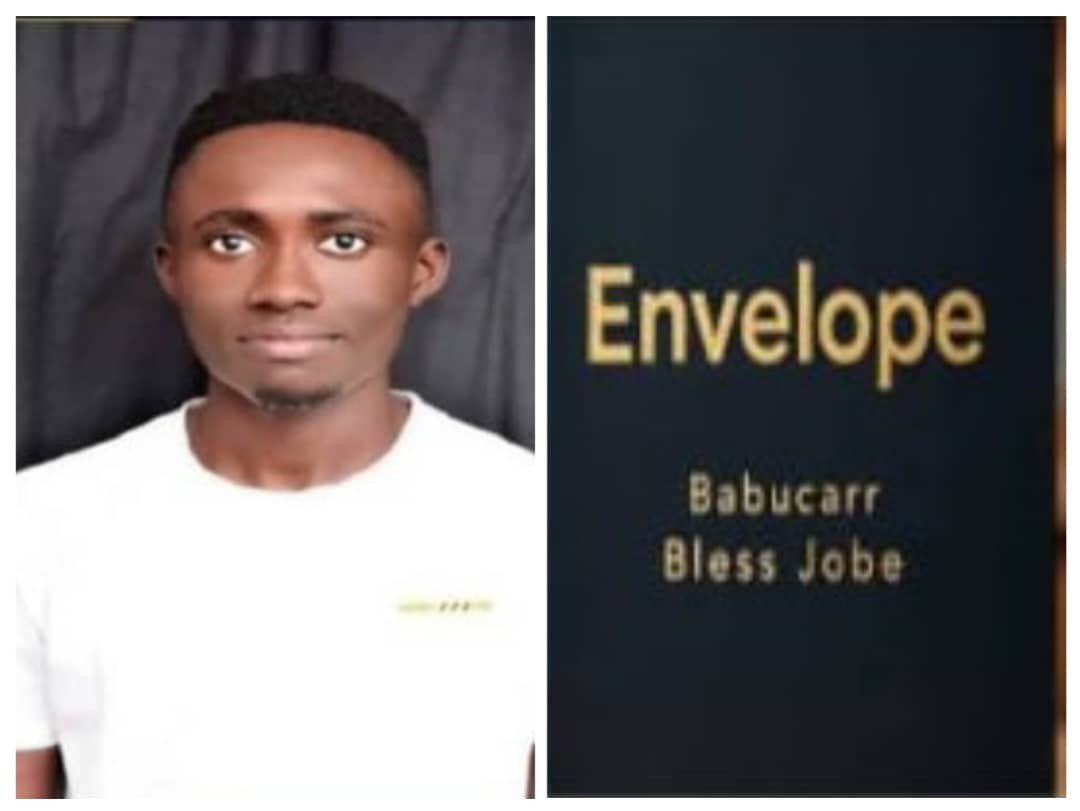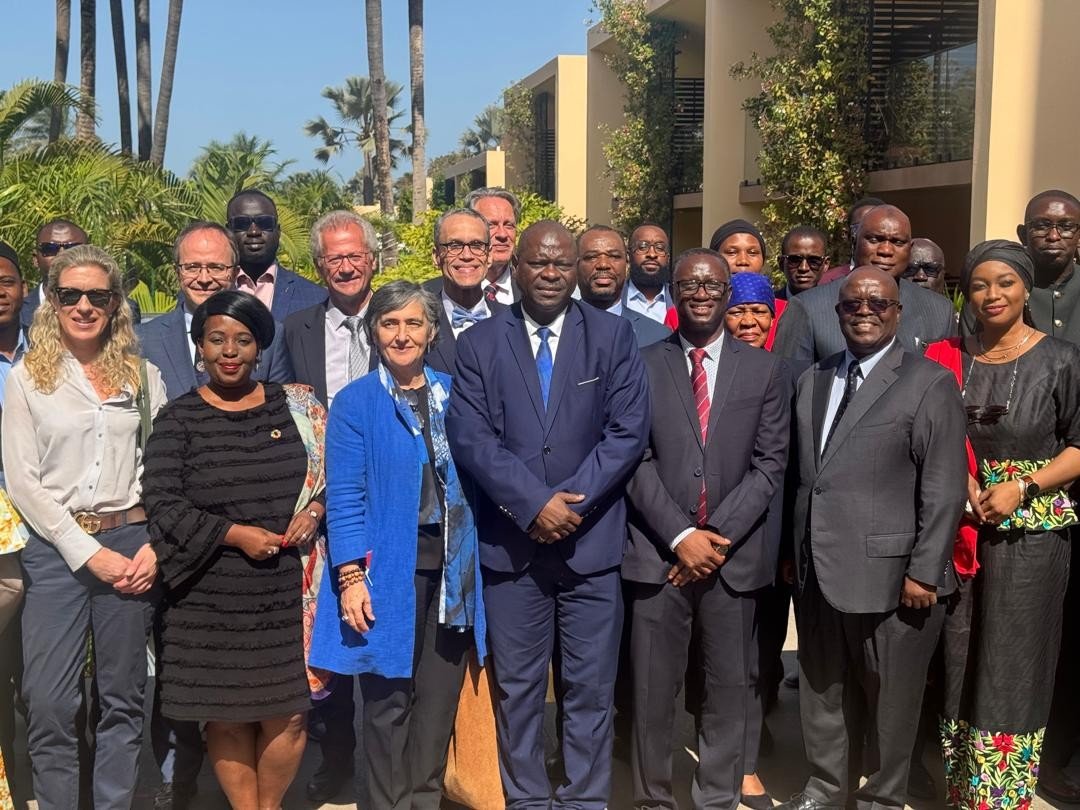Former Secretary General and head of civil servants Ebrima Ceesay on Thursday continued his testimony before the National Assembly’s Special Select Committee, with further clarity regarding Cabinet’s intervention in the sale of tractors seized by the Janneh Commission.
Counsel Dibba pressed Mr Ceesay on why Cabinet decided to halt the commission’s auction process, given its status as an independent body.
Mr Ceesay explained that Cabinet acted upon a request from one of its members, specifically, the Minister of Tertiary and Higher Education, who suggested that institutions such as Gambia College and the University of The Gambia could benefit from the seized tractors for agricultural purposes. This proposal, introduced under “Any Other Business” during a Cabinet meeting, led to a consensus to temporarily suspend the auctions.
During the exchange, Counsel Dibba and Mr Ceesay delved into the culture of hierarchy and obedience within the Gambian public service, particularly during the Janneh Commission era.
Mr Ceesay defended his position by citing Public Service Commission (PSC) regulations, stressing that civil servants operate under a structured and consistent framework.
“You don’t reinvent the wheel when you’re in the civil service. Even the letter format remains the same for decades,” he remarked.
However, Counsel Dibba challenged him, arguing that following rules does not mean blind obedience.
“Public service rules don’t state that you must heed every single instruction from your superior,” he said. “Following instructions is not about reinventing the wheel, but about understanding the limits of authority.”
Mr Ceesay, however, stood firm, maintaining that no one questions directives from the top. He further revealed that the reason Mr Kurang was dismissed as Janneh Commission counsel was because he openly resisted an executive order, dismissing it as “a verbal instruction”.
According to Mr Ceesay, Kurang should have simply replied, “Yes, sir.” He described Kurang’s response at the time as “impolite”.






